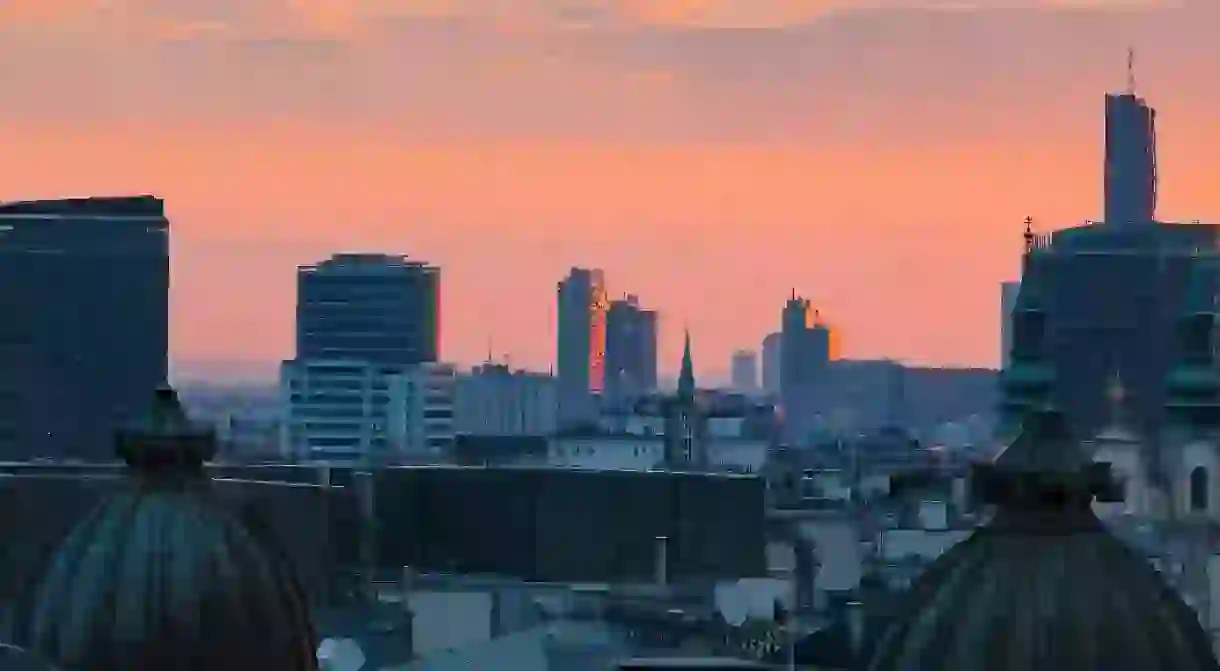13 Facts That Will Change What You Think About Austria

You may have a picture of Austria in your mind, associating it mostly with schnitzel, strudel and classical music. Here are a few facts that might change your mental image of the country.
Vienna has the highest quality of life in the world
For the eighth year running, Austria’s capital has been named as the city with the highest quality of life in the world, in a survey taking into account factors such as political stability, healthcare, education, crime, recreation and transport.

Austrians are top recyclers
Austria, along with its neighbour Germany, is among the greenest of the world’s nations, recycling more than any other country. Around 63% of all waste is recycled in Austria, which is a figure to be proud of when compared to the statistics from the rest of the world. The UK recycles 39% of its waste, Italy 26%, the USA 34% and Australia just 30%.
It’s a smoker’s paradise
Despite numerous attempts to impose a ban, Austria remains one of few European countries that still allows smoking indoors. The rules are set to change slightly this year, but smokers’ bars will remain.

Adolf Hitler lived in Vienna
Austro-born Adolf Hitler was rejected by the Academy of Fine Arts in Vienna when he applied to be a student there. He moved to Vienna as a young man and lived a bohemian life, selling postcards on the streets of the city.
A purveyor of fine arts
Vienna was a hub for creatives throughout the 19th century. The birthplace of some of the world’s most prominent artists, like Gustav Klimt and Egon Schiele, and the cradle of highly influential avant-garde art movements of the 19th and 20th centuries, Austria lies at the heart of the history of European art. Its contemporary art scene breeds from this tradition and twists it with experimental, cutting-edge ideas.

Wine experts
Vienna is one of the only capital cities in the world to produce vast quantities of wine. The hills surrounding the city have around 700 hectares (1,730 acres) of vineyards, 85% of which are dedicated to white-wine grape trees.

Social housing savvy
The social housing system in Austria has a solid reputation, with 60% of the city’s population residing in subsidised apartments and in homes provided by the council. Some of the most remarkable social-housing structures were designed by Harry Gluck, an Austrian architect who had a vision of creating homes for the poor that incorporated features usually favoured by the wealthy.

No to NATO
Along with just Finland, Ireland, Malta, Sweden and Switzerland, Austria is a European state that is not a member of NATO. The Austrian State Treaty and its constitution do not allow the country to enter into military alliances, and do not allow the establishment of foreign military bases on Austrian territory.
Coffee house culture
One thing that Austria’s capital is particularly well known and well loved for is its coffee house culture, which blossomed in the 16th century. However, it has been claimed that this phenomenon was not originally an Austrian idea, but was brought to Vienna by the Turks, who left behind a bag of coffee beans during the Turkish siege.

Cult of the dead
The Viennese, like the Mexicans, are not adverse to the idea of death, even to the point where they are comfortable enough to sing about it, play with it and erect monuments on the subject. Vienna even has a funeral museum.
Light bulb moments
Austria is responsible for a number of inventions, from the pill-popping PEZ dispenser and the souvenir favourite, the snow globe, to Freud’s invention of psychoanalysis.
The Sound of Music
Every year, hordes of tourists flock to the hills of Salzburg for a taste of the magic of The Sound of Music, the 1965 Hollywood blockbuster set and filmed in the area. For most Austrians, however, this movie is far from being one of their favourite things. DMany Austrians have either never heard of the film, or consider it a travesty.

Habsburg Dynasty
The notorious Habsburg Dynasty was one of Europe’s most powerful empires, ruling from the 13th century until 1918 and providing rulers during that time for much of Europe, including what is now Germany, Austria, Spain, Italy, Belgium, Holland, Czechoslovakia, Yugoslavia, Romania, Poland and Hungary. MEP Karl Habsburg-Lothringen is a member of this ancient and gigantic family.













